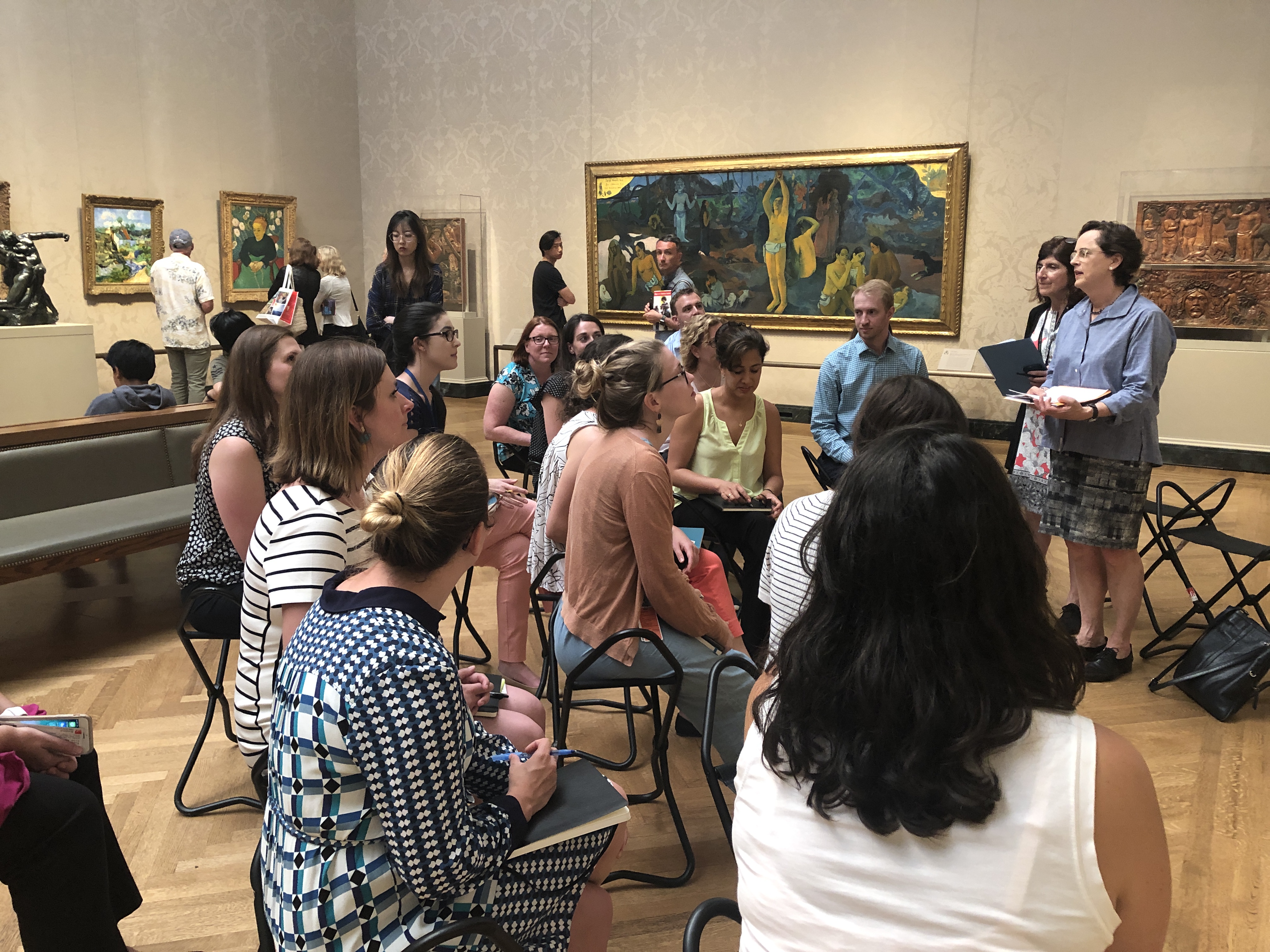
Clinicians caring for seriously ill patients and their families are at risk for burnout, compassion fatigue, and moral distress. As a result, HPM clinicians value and promote resilience and personal well-being for themselves and others as a necessary element for professional success and sustainability. In the course of the fellowship, fellows develop an understanding of their own vulnerabilities for burnout, identify their personal strengths to draw on to cope with the intensity of the clinical work, and learn techniques to maximize resilience.
This fellowship trains participants in the following Hospice and Palliative Medicine Core Competencies:
- Demonstrates ability to recognize and respond to own emotions and those of others
- Expresses awareness of own emotional state before, during, and after patient and family encounters
- Reflects on own emotions after patient and family encounter or related event
- Processes own emotions in a clinical setting in order to focus on the needs of the patient and family
- Responds to requests to participate in spiritual or religious activities and rituals, in a manner that preserves respect for both the patient and family, as well as one’s own integrity, and personal and professional boundaries
- Self-corrects communication miscues
- Responds effectively to intense emotions of patients, families and colleagues
- Demonstrates self-awareness and ability to recognize differences between the clinician’s own and the patient and family’s values, attitudes, assumptions, hopes and fears related to illness, dying, and grief
- Achieves balance between needs of patients/family/team, while balancing one’s own need for self-care
- Recognizes the signs of fatigue, burnout, and personal distress, and makes adjustments to deal with it
- Describes effective strategies for self-care, including balance, emotional support, and dealing with burn-out and personal loss
- Contributes to team wellness
- Explains how to set appropriate boundaries with colleagues and with patients and families
- Demonstrates the capacity to reflect on personal attitudes, values, strengths, vulnerabilities, and experiences to optimize personal wellness and capacity to meet the needs of patients and families
Didactics
What makes this work different?
Bereavement curriculum
Signature strengths
Balance wheel
Communication curriculum
Giving and receiving feedback
Experiential learning
Professional development group
Psychosocial rounds
Case-based teaching
Psycho-oncology rotation
Sustainability and resilience retreat
Welcome dinner/origin stories
Weekly remembrance
Memorial services
Schwartz Rounds
Journaling exercises
Mentored bereavement calls
Coaching
Individual meetings with mentors
Monthly fellow dinners (organized by the fellowship class)
Museum teaching
Autumn group trip
